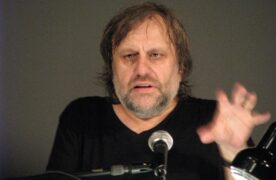Islamophobia is sweeping across Britain allegedly because of radicalised Islamic practices, causing tremendous pressure for the Muslim community, which faces unreasonable prejudice. Media has an inescapable responsibility. (The Prisma memoirs)
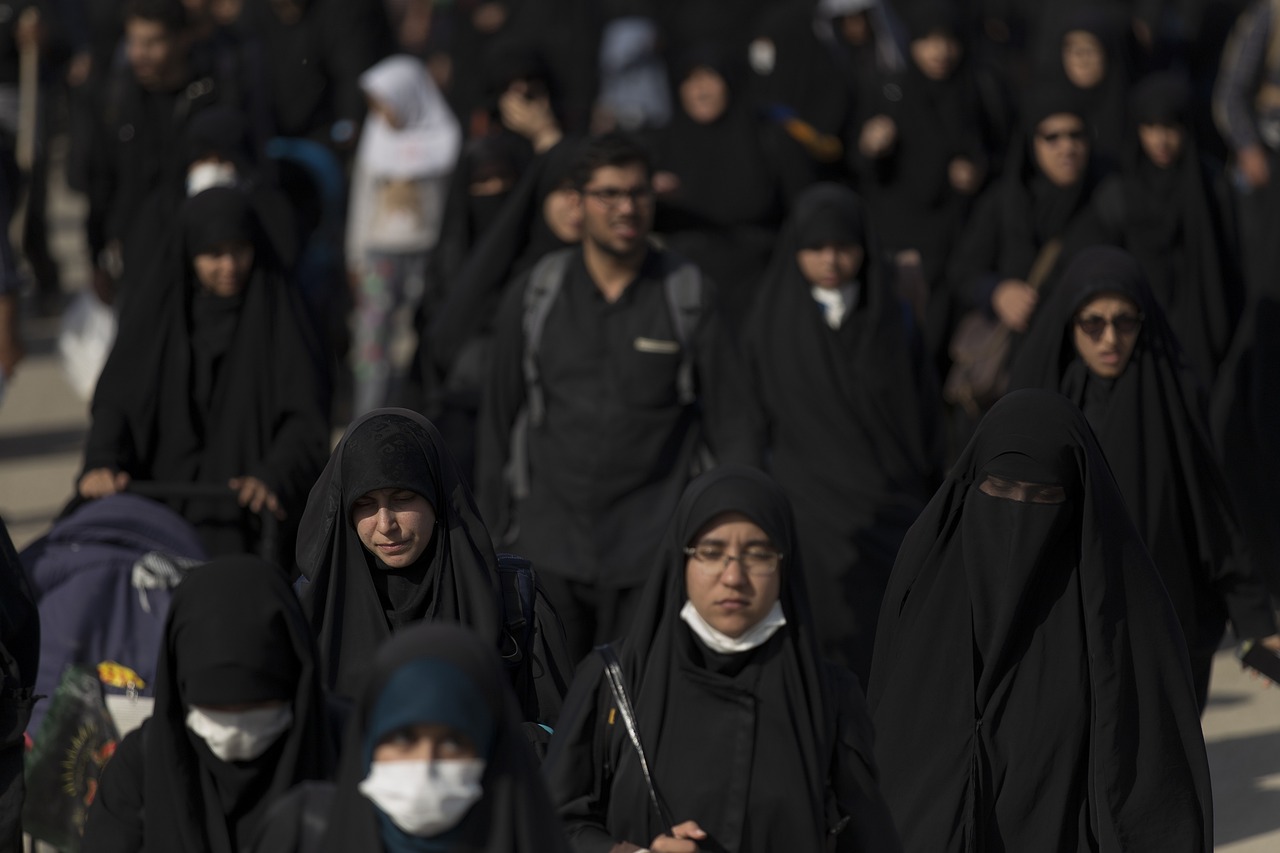 Yi ZOU
Yi ZOU
According to the Global Terrorism Database, of 70 confirmed terrorist attacks in the UK that have caused injuries or fatalities between 2010 and 2016, four were conducted by Islamic extremist group and 26 by organisations that believe in Irish republicanism.
Curiously, when mainstream media such as the BBC, The Guardian and The Times are reporting on terror attacks that have happened in recent years, Islamic-related incidents have accounted for more than half of these. Incidents such as the Westminster attack in March 2017, the Leytonstone Underground station assault in December 2015 and two Islamist extremists murdering British soldier Lee Rigby in May 2013 are always mentioned, while equally severe cases from this period conducted by the IRA or dissident republicans that have no Muslim involvement are not necessarily reported.
The claim made by Fox News’s Brian Kilmeade that “not all Muslims are terrorists, but all terrorists are Muslims” years ago caused a heated debate condemning his ignorance.
 However, looking at the example above about how news is reported, it gives the impression that Muslims are the ones who are responsible for most terror attacks.
However, looking at the example above about how news is reported, it gives the impression that Muslims are the ones who are responsible for most terror attacks.
Aside from overly stressing Muslim-committed terrorism, some media outlets do not even have the correct understanding of what constitutes terrorism when addressing this issue.
According to the UK Terrorism Act (2000), terrorism is defined as the use or threat of action to influence the government (or an international governmental organisation) or to intimidate the public or a section of the public for the purpose of advancing a political, religious, racial or ideological cause.
Khalid Masood, who carried out the Westminster attacks in March 2017, was labelled a “terrorist” in almost every news report (in addition to the previously mentioned news sources, see The Sun, The Telegraph and The Independent) despite the fact that he “showed no extremist tendencies” and “had no links to Isis or al-Qaeda” according to The Independent and the BBC.
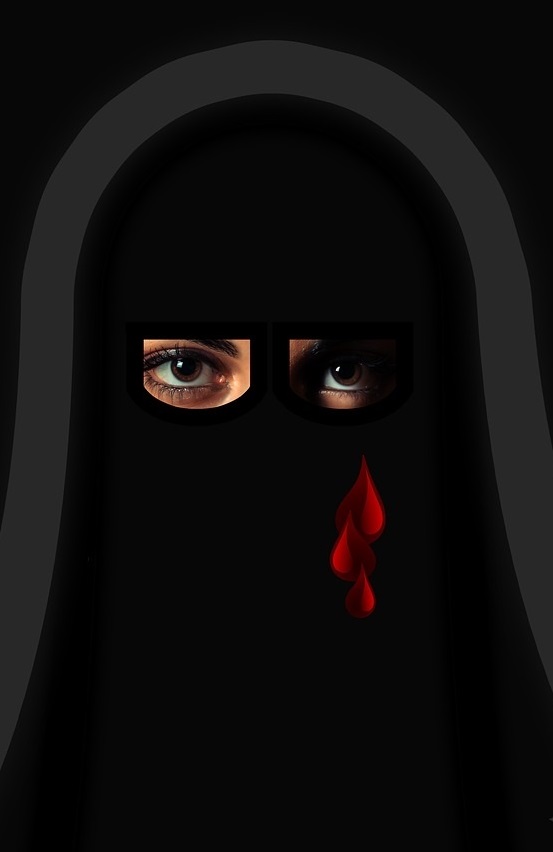 Trevor Noah, a South African television and radio host, once commented “It was weird to me because we didn’t know that they were terrorists, we just knew that they were Middle Eastern. … If you were Middle Eastern, that’s a terrorist. That’s the world we live in now. If you were Middle Eastern, terrorism is your trademark”.
Trevor Noah, a South African television and radio host, once commented “It was weird to me because we didn’t know that they were terrorists, we just knew that they were Middle Eastern. … If you were Middle Eastern, that’s a terrorist. That’s the world we live in now. If you were Middle Eastern, terrorism is your trademark”.
Islamic-related terrorism is also closely associated with another concept: hate crime.
There is a perception that a Muslim attacker is more likely to be called a terrorist than a non-Muslim, even when they are both causing severe harm to people.
In December 2016, a man stabbed a passenger at Forest Hill station in London, shouting “I want to kill a Muslim”. Rather than view this as a terrorist attack, the police treated it as a “hate crime” (see The Independent and the BBC).
In contrast, at Leytonstone station in London, Muhiddin Mire, who was mentally ill and from a Muslim background, cut the throat of a stranger in an attack which The Telegraph and the BBC identified as a “terror attack” in their headlines, despite it being “a random attack” and “completely unprovoked” according to the Metropolitan Police. The Home Office defines a hate crime as any criminal offence which is perceived by the victim or any other person to be motivated by hostility or prejudice towards someone based on a personal characteristic.
For example, heterosexuals offending homosexuals, the able-bodied offending the disabled.
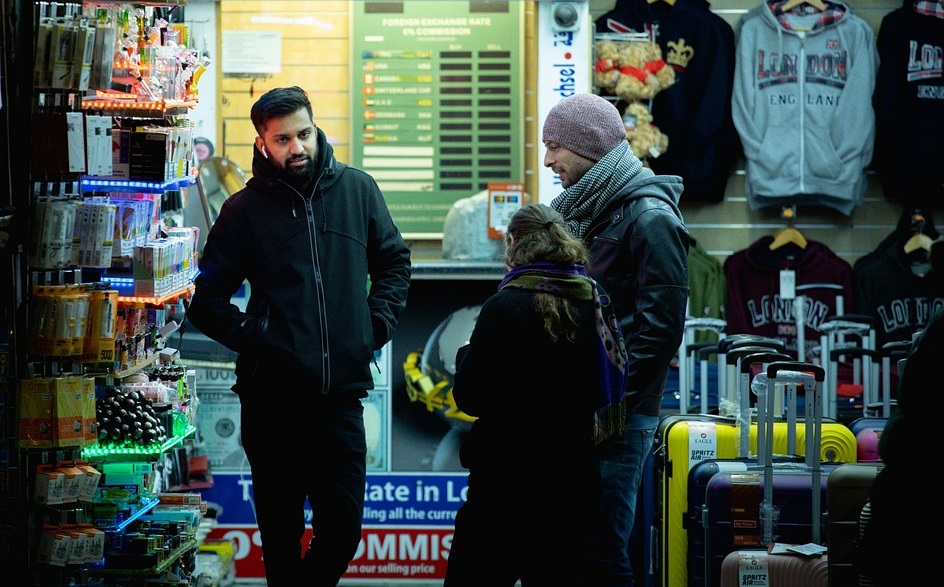 Incidents, such as the Forest Hill station attack where a man shouted “I want to kill a Muslim” and many other racially targeted attacks, including acid attacks and extreme assaults on Muslims (for example, pulling off niqabs, physical attacks and verbal abuses) are actions that are used to intimidate Muslims in order to advance an anti-Muslim ideology cause, yet they are not treated as such.
Incidents, such as the Forest Hill station attack where a man shouted “I want to kill a Muslim” and many other racially targeted attacks, including acid attacks and extreme assaults on Muslims (for example, pulling off niqabs, physical attacks and verbal abuses) are actions that are used to intimidate Muslims in order to advance an anti-Muslim ideology cause, yet they are not treated as such.
Their difference from the Finsbury Park Mosque terror attack is merely the scale of severity. Compared with 2015, an increase of 13.36 % in Islamophobic hate crime was reported by the Metropolitan Police, which represents around 1.3 % of the total hate crimes reported in 2016. However, since anti-Muslim hate crime is such a heated topic for the media, some news agencies (such as The Independent and the BBC for example) now report as though it is the only form of hate crime.
This shows that some news reports are sensationalising the already intense situation for Muslims. At the same time, newspapers appeal to end the hatred aimed towards to this vulnerable group in attempts to seem righteous.
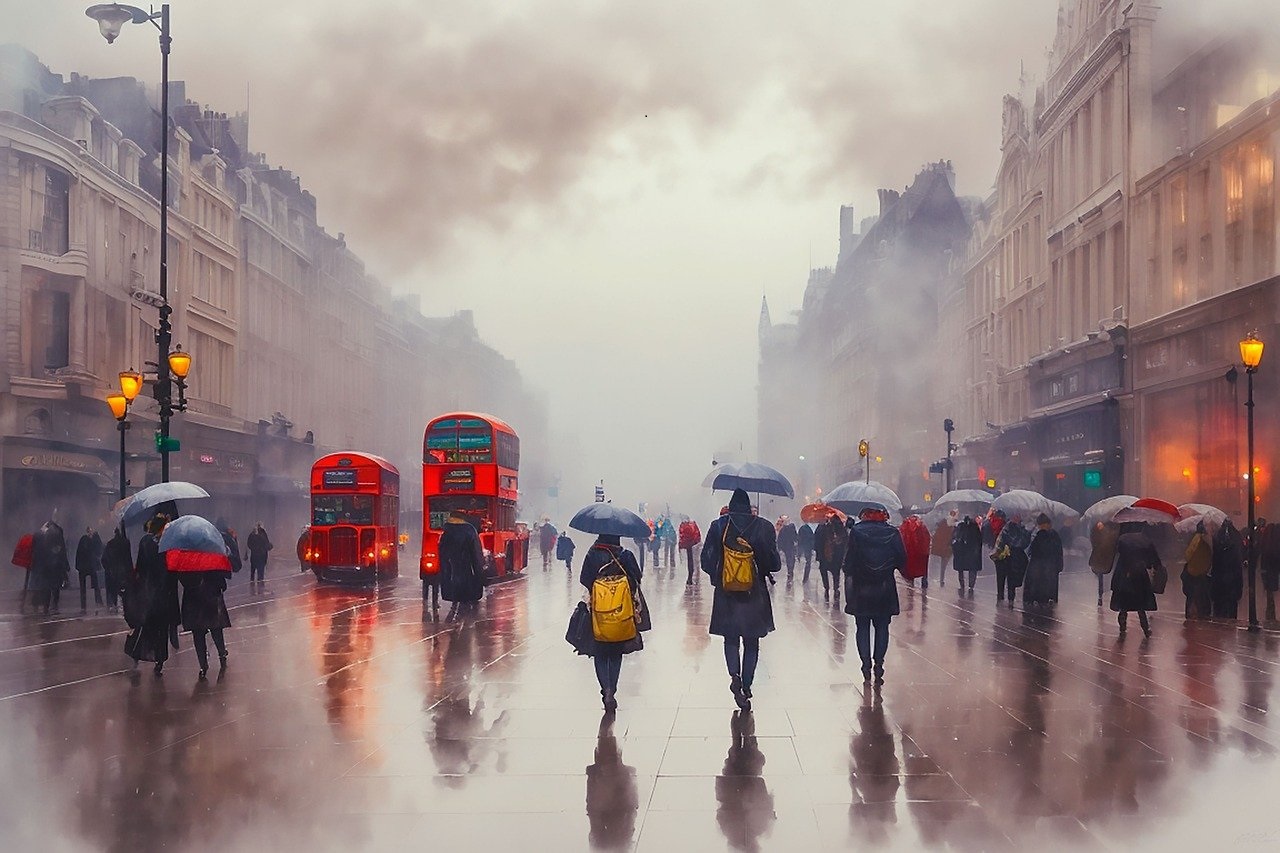 “So, basically, brown people who have extreme views and kill people are terrorists but white people who have extreme views and kill people are not; they’re just psychopaths with mental health issues? Why is there a difference between white person insanity and brown person insanity?” Zarina Kapasi, a Muslim woman expressed to the BBC.
“So, basically, brown people who have extreme views and kill people are terrorists but white people who have extreme views and kill people are not; they’re just psychopaths with mental health issues? Why is there a difference between white person insanity and brown person insanity?” Zarina Kapasi, a Muslim woman expressed to the BBC.
The Independent commented “When Muslims are the victims, we refuse to call it terrorism… [there is] a dual reluctance to brand attacks against Muslims as ‘terrorism’, while attacks by white men are reported as anything but terror”. Minority groups are bearing a hardship that they do not deserve and their vulnerability can be largely mitigated if more newspapers genuinely remove their biased view and allow the public to know that terror attacks and hate crime are all caused by hate, not race or religion. (The Prisma memoirs)
(Photos: Pixabay)











.jpg)











